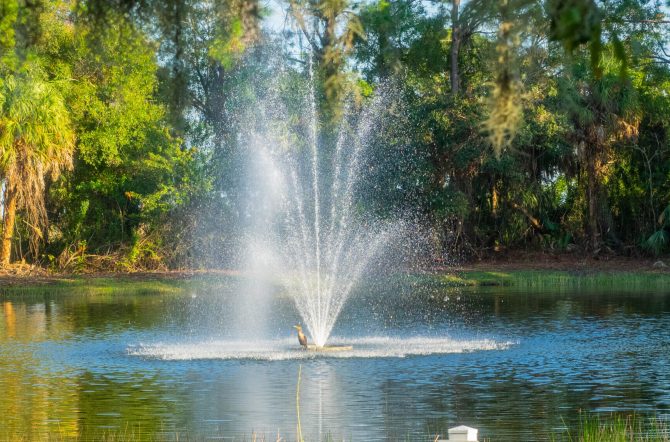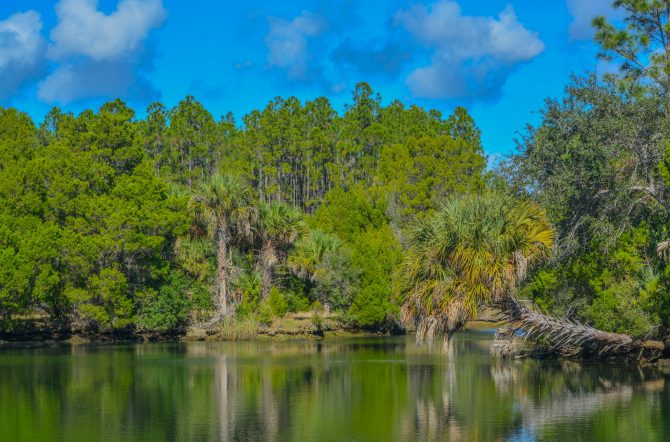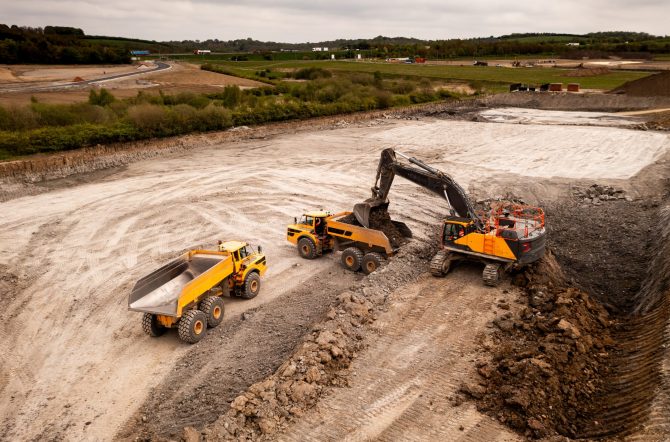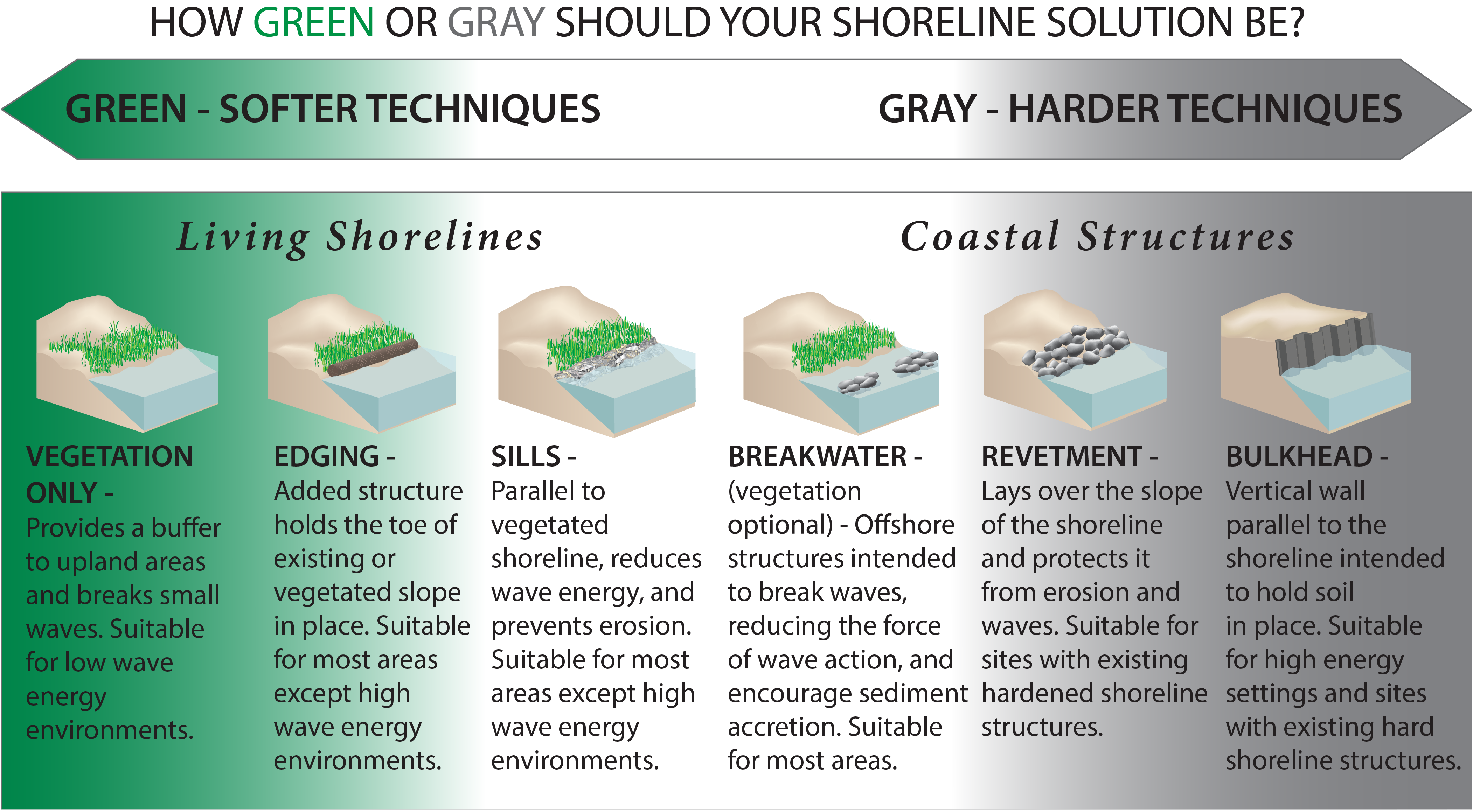Tampa Bay has an opportunity to showcase a new way of mitigating storms and sea-level rise, according to out-of-town leaders hosted by the Tampa Bay Regional Planning Council.
Dozens of professionals in fields ranging from landscape architecture to hydrology convened in Tampa Bay for a three-part charrette that began last week. They mapped out flood solutions for North Tampa and Pass-A-Grille Beach; they will conclude in Oldsmar on Thursday and then return on June 23 for a symposium to discuss their findings.
Flooding is a long-term problem that the region can’t ignore, said Andy Sternad, architect at New Orleans-based Waggoner & Ball. He appreciated that the regional planning council accommodated innovative solutions that — at least at the beginning of the process — ignore the restrictive permitting regulations currently in place.
The region’s leaders can then work backward from the solutions offered, he said.
“In terms of human motivation, there’s fear and desire,” Sternad said. “A lot of flood planning is about fear, and avoiding the damage. Our perspective … is trying to invent the desire to create the optimistic vision of something that respects the value of place and character but also brings those other benefits: preserving real estate value, adding recreation, public amenity, health [and] safety.”
Some of the ideas from the charrette run counter to current permitting laws that began with the Clean Water Act of 1972, according to St. Pete Beach’s Public Works Director Michael Clarke. That could include the addition of mangroves, seagrass beds and other resilient shoreline techniques.
“Up until recently, all of the policies and rules and procedures concerning the waters of the United States have been to protect the resource within the water — not to protect the land that is threatened by the water,” Clarke said. “And here we are on the other side of that conversation. We’re trying to protect the land that is threatened by water. And in so doing, we may have to go back into the water and modify how it connects to the coastal area.”
Sternad likened it to the next era of Florida’s coastal development. First, dredge and fill projects proceeded with little regulation. Then environmental conservation became a priority in the ’70s. Now Sternad said it’s time to redevelop in new ways with nature.
Sarah Vitale, senior planner at the Tampa Bay Regional Planning Council, said redevelopment in Pass-A-Grille should be concentrated along the beach rather than the bay. Land along the bay is lower and more susceptible to storm damage, she said.
In Tampa, the charrette validated the vision of the city’s sustainability and resiliency officer, Whit Remer. He wants to create ways to live alongside water; Sternad praised Remer for his ability to unite disparate city departments.
Resiliency projects would accommodate people, too. The North Tampa Closed Basin stormwater project may include recreational amenities such as a walking path. At the beach, Clarke mentioned a snorkeling and scuba diving park as an option.
Public spending needs to veer away from the status quo, Sternad said. Private businesses wouldn’t accept costly projects that offer no return.
“We’re spending money every day,” he said. “We should spend it more wisely. … Any public money should be thought of as an investment.”
A recent study found that the Tampa Bay region needs over $13 billion to fight off climate change impacts.
A total of 13 site proposals were submitted for the charrette, Sternad said. The final three sites — one barrier island, one bayfront and one inland — were chosen to represent the spectrum of flood-related problems facing the region.
More information on Resilient Ready Tampa Bay can be found here.
